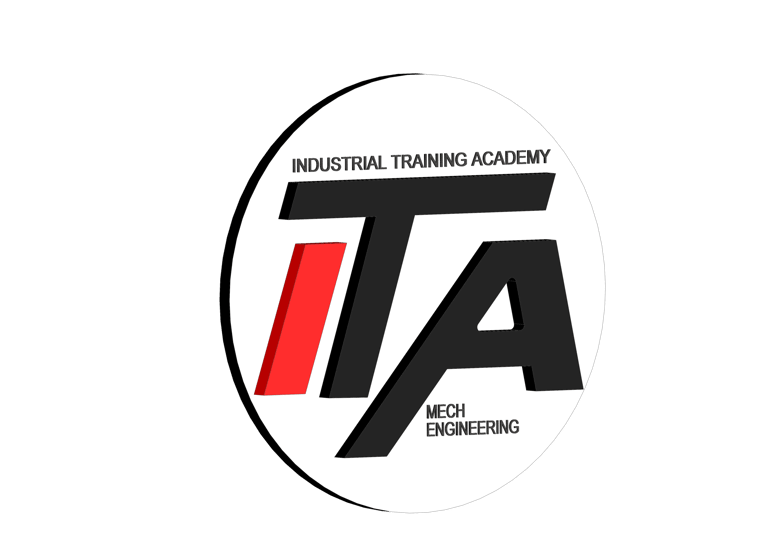In today's competitive business landscape, organizations strive to deliver superior products and services while ensuring consistent quality and customer satisfaction. Implementing a robust quality management system (QMS) plays a vital role in achieving these objectives. ISO 9001:2015, an internationally recognized standard, provides a framework for organizations to establish, implement, maintain, and continually improve their QMS. Within this framework, the human resources (HR) department plays a pivotal role in driving organizational excellence. In this article we will explore the significance of the HR department in supporting the implementation and maintenance of ISO 9001:2015 QMS. Topic Covered are :
Role of HR Department
Recruitment and Selection
Training and Development
Documentation and Records management
Performance mesurement
Continous Improvement and change management
